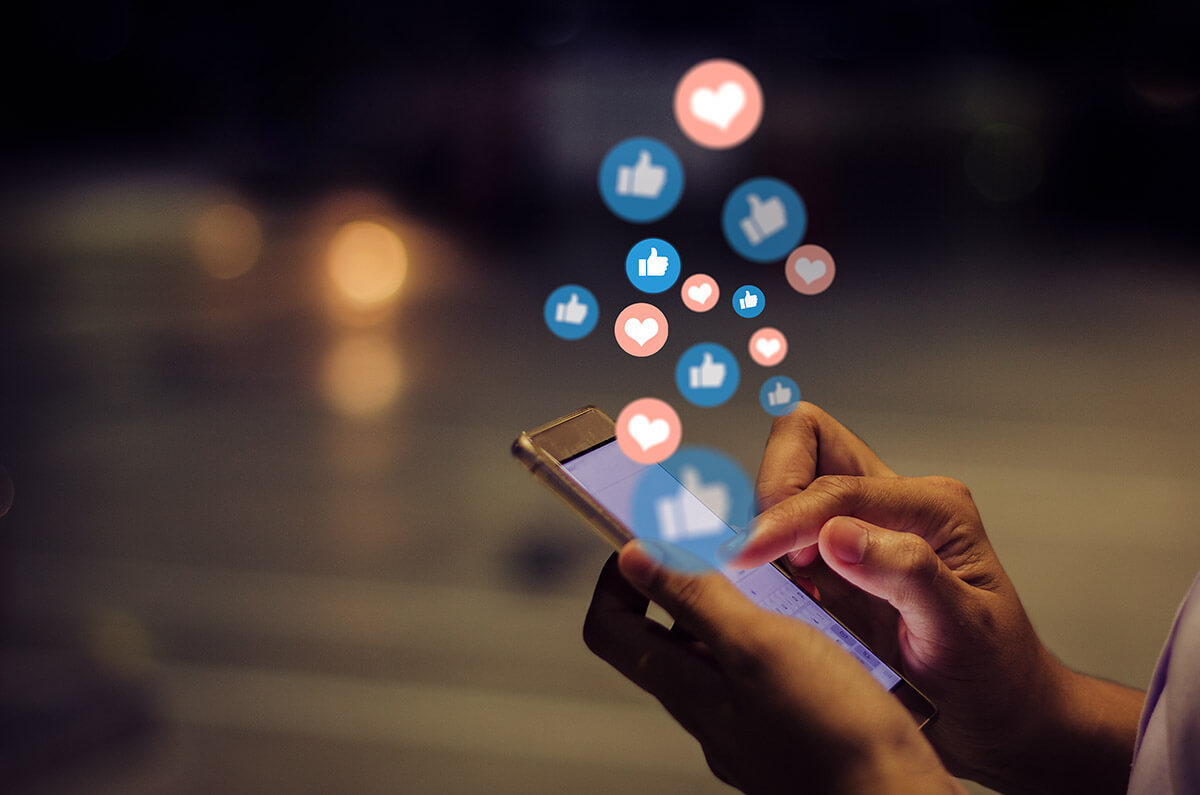Social media has become an integral part of modern life. However, it can also be a source of stress and anxiety for many people. Understanding the link between social media and anxiety may reduce its impact on mental health and prompt individuals to seek treatment that promotes overall wellness.
At Insight Into Action Therapy, we proudly offer anxiety treatment and specialized mental health care services to individuals in Northern Virginia. Our highly trained therapists are passionate about providing a safe space for people with anxiety to explore their feelings and make meaningful progress. Call 703.935.8544 today to learn more about how we can provide the tools and resources necessary for healing.
Social Media’s Impact On Mental Health
Research has shown a connection between social media use and anxiety levels. Studies have found that people who spend more time on social media are more likely to experience the following:
- Feelings of loneliness
- Depression
- Stress
- Suicidal thoughts
People compare themselves to others online and feel like they should be living up to specific standards set by their peers. Some studies have also suggested that the amount of time spent on social media can lead to feelings of isolation and disconnectedness from others in real life.
Social media may also contribute to anxiety because it simultaneously exposes us to large amounts of information. It’s easy to become overwhelmed with processing all the data we receive from our feeds and news outlets, leading us to get lost in a cycle of fear-mongering news stories or worrying about what our friends are doing or saying online. Additionally, cyberbullying is a real threat on social media platforms, increasing anxiety levels for those targeted.
Dopamine Levels with Social Media and Anxiety
The connection between dopamine levels, social media use, and anxiety is complex and multifaceted. Dopamine is a neurotransmitter that plays a vital role in reward-driven behavior, motivation, and pleasure; it produces feelings of happiness, satisfaction, and well-being. Social media use increases dopamine production due to the reward of engaging with others on platforms such as Instagram or Facebook. However, this dopamine surge can also lead to feelings of anxiety if users become overwhelmed by posts or struggle to keep up with the latest trends.
Ways To Reduce Social Media Anxiety
If you find yourself feeling anxious because of your use of social media, there are several steps you can take to reduce its impact on your mental health.
Limit Your Exposure
It’s essential to monitor how much time you spend on social media and what content you view. Try only following accounts that make you feel good rather than overwhelmed or anxious. Set timers to determine how long you spend scrolling through daily feeds.
Take A Break
If you find yourself getting overwhelmed by all the information, taking a break from using social media might be beneficial for reducing your anxiety levels and helping you focus better on other activities in life. Taking regular breaks from using apps such as Facebook and Twitter can reduce your reliance on them and give you some quality time often needed for relaxation and destressing.
Talk About It
Talking about how you’re feeling with friends or family is an important step when dealing with any mental health issue, including social media use and over-exposure. Understanding why one feels anxious in these situations can help you take appropriate steps to reduce anxiety and resolve issues.
While there is undoubtedly a link between social media use and anxiety levels, it doesn’t mean one must stop using these platforms entirely. Individuals can maintain a healthy relationship with digital technology by following the simple tips above.
Get Anxiety Treatment at Insight Into Action Therapy
Insight Into Action Therapy offers comprehensive mental health care and substance use disorder treatment to people in Northern Virginia. Our experienced team of therapists, counselors, and medical professionals provides personalized, compassionate care tailored to your individual needs.
Whether you’re struggling with anxiety, depression, or any other issues related to mental health and substance use disorders, we can help. Our evidence-based treatment methods address the root causes of anxiety and can equip you with the skills needed for long-term recovery. If you’re ready to start on your path toward healing, contact us at 703.935.8544 today.







